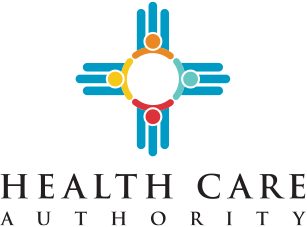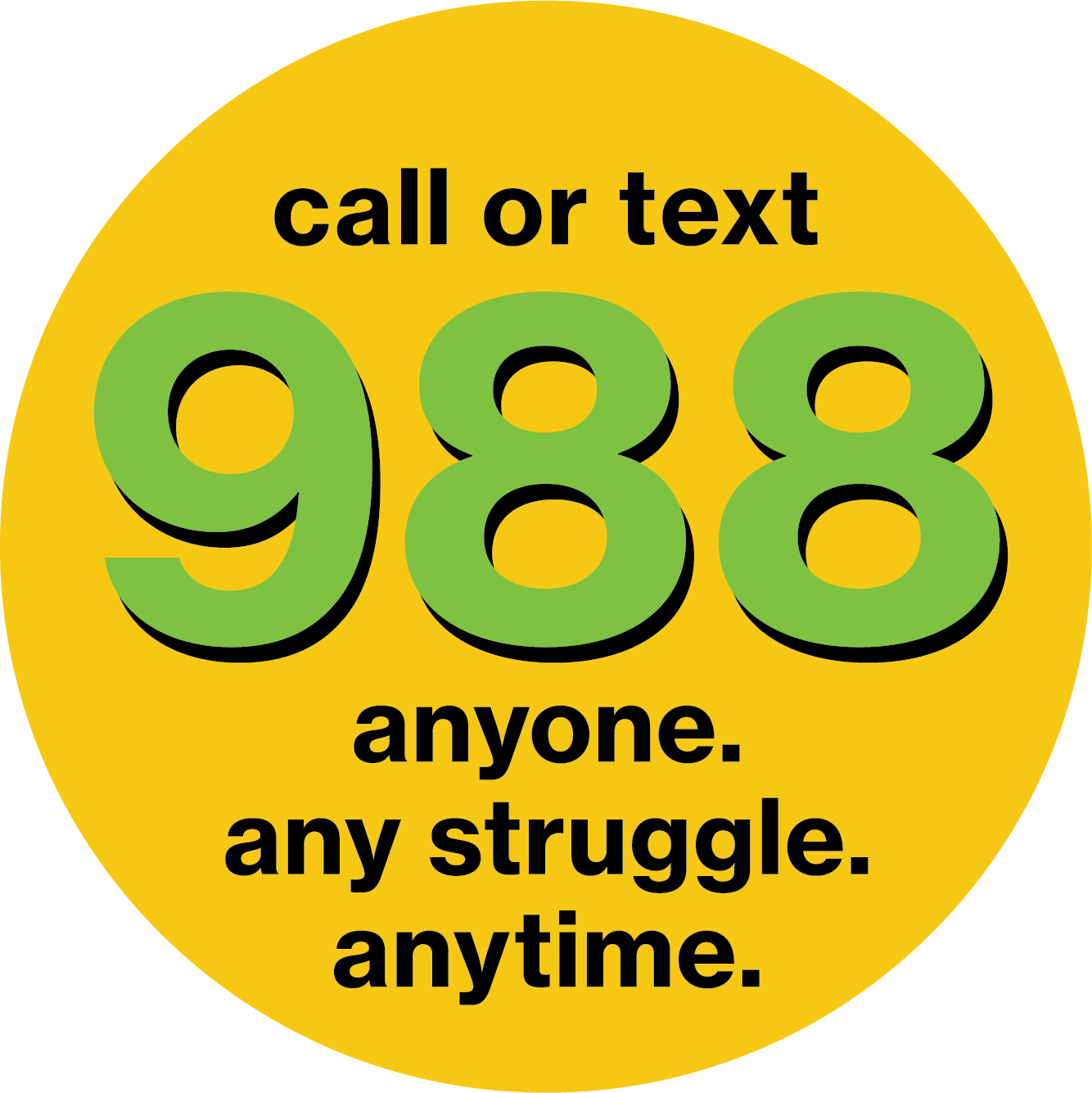Prevention
Opioid Use Prevention
Learn about how to use and store your medication safely; how to get rid of leftover opioids; the risks of addiction and mixing many drugs, including alcohol; and how to prevent an overdose.
Practice Safe Medication Use
Take opioid medicines ONLY prescribed.
- Keep a current list of your medicines, including prescription and over-the-counter medicines, vitamins, and dietary/herbal supplements. Bring your up-to-date medicine list to all of your medical and pharmacy visits.
- Keep opioids and all other medicines in a safe place, out of the reach of children. Keep your medicines in a secure, preferably locked place.
- Never give away or share your medicines with others.
- Never mix pain medicines with alcohol, sleeping pills, or any illicit substance.
- Review your medicines every six months and properly get rid of all expired, unused or unwanted medicines as soon as possible.
- Find the disposal location in your area.
Safe Storage and Disposal Tips
- Keep prescription painkillers in their original bottles out of sight and out of reach of children, preferably in a locked cabinet or on a high shelf.
- Keep track of how many pills are left.
- Having prescription painkillers in your home increases the risk that another person in your household might find them and misuse them or take them accidentally.
- Get rid of painkillers that you are no longer using safely. NEVER get rid of them by flushing down the toilet because it can harm the drinking water supply.
Overdose Risks
Accidental overdose can happen if you are taking prescription painkillers, heroin, fentanyl or mixing more than one drug, including alcohol. Opioids can cause bad reactions that make your breathing slow or even stop.
Who is at Risk for Overdose?
- Anyone of any age who uses opioid medications to manage pain, especially those taking higher doses or those on illicit opioids like heroin or fentanyl.
- Anyone who takes opioids with many prescriptions or with alcohol, anti-anxiety, sleeping aids or muscle relaxants.
- Household members of people who are in possession of opioids, including prescription opioids.
- Anyone who uses heroin or injects pain medications.
- People with reduced tolerance following detox or release from incarceration.
- Someone who has had a previous non-fatal overdose.
- Opioid doses greater than 90 mg of morphine per day or 60 mg of oxycodone per day.
- Obtaining overlapping prescriptions from multiple providers and pharmacies.
Signs and symptoms of an opioid overdose
Recognize the signs and symptoms of an overdose, including:
- difficulty walking, talking or staying awake
- blue, purple or grey lips or nails
- very small pupils (also known as pinpoint)
- cold and clammy skin
- dizziness and confusion
- extreme drowsiness
- choking, gurgling or snoring sounds
- slow, weak or no breathing
- unresponsive (unable to wake up, even when shaken or shouted at)
- not moving and body is limp
Signs of opioid substance use
- Craving – The mind develops an overwhelming desire for the drug.
- Loss of control – It becomes harder to say no to using the drug.
- Use is compulsive and continues when it causes harm.
Using more than one drug at a time – It’s a Game of Chance
Don’t Mix Drugs and Alcohol
Mixing drugs and alcohol is very dangerous and can be deadly. Many people who accidentally overdose have taken more than one drug. Sometimes a person mixes drugs or drinks alcohol to try to lessen how another drug makes them feel, but this can make things worse. Never take pain medicine with alcohol, sleeping pills or illegal drugs.
This includes fentanyl whether taken knowingly or not. It is never safe because the combination may be stronger or more unpredictable than one drug alone.
Unknowingly mixing of drugs and alcohol happens when someone takes drugs that have been mixed or cut with other substances, like fentanyl, without their knowing.

What is Fentanyl
Fentanyl is an extremely dangerous and powerful synthetic opioid used to treat or manage severe pain and has been responsible for many fatal overdoses in the past several years.
Fentanyl is Dangerous
Fentanyl carries a high risk of overdose and fatality. It’s 50 to 100 times more potent than morphine. When it is intentionally misused, fentanyl often shows up as a powder, spiked on blotter paper or is mixed with or substituted for heroin and other street drugs.
Fentanyl can be hiding in any drugs, and it takes as little as the size of a pinhead to kill. You can’t see it, taste it or smell it. It can be found in pill and powdered form and is commonly mixed with heroin, cocaine, meth, Percocet, crack and Adderall to make them more powerful. It is also mixed in liquid form as nasal sprays, eye drops, and dropped onto paper or small candies.
Illegal drugs don’t come with a list of ingredients. Don’t take the chance.

Myths About Fentanyl Exposure
You can’t overdose on fentanyl by touching a doorknob or dollar bill. The only time it is soaked up through the skin is with a doctor prescribed fentanyl skin patch—and even then— it takes hours of contact with it.
Inhaling secondhand smoke from someone smoking fentanyl will not cause an overdose.
Risk of Mixing Opioids with Benzos
Both benzodiazepines (including Valium, Xanax and Klonopin) and opioids cause sedation and slow breathing; mixing these drugs increases a person’s risk of overdose and death.
For more information visit: https://nida.nih.gov/research-topics/opioids/benzodiazepines-opioids AND https://www.cdc.gov/drugoverdose/featured-topics/ioad-benzo-overdose.html
Alcohol Awareness for Youth
You Have a Choice
80% of New Mexico Teens Choose NOT to drink.
What are the reasons 80% of New Mexico Teens Choose NOT to drink alcohol?
- Car wreck and harming others
- Getting in trouble with family or the law
- Sports performance
- Academic performance
- Doing something embarrassing
- Unsafe sex
- Unplanned pregnancy
- Hangovers
Tips for Not Drinking at Social Gatherings Without Feeling Pressure
Navigating social gatherings without drinking is possible with the right strategies. Different strategies for turning down alcohol work for different people. Some people find it helps to say no without giving an explanation, others think offering their reasons works better (“I’m not into drinking,” “I have a game tomorrow,” or “my uncle died from drinking,” for example).
Have a Plan: Before you go to a social event, decide in advance that you won’t drink. Knowing your decision ahead of time makes it easier to stick to it.
Say No. Be Confident: If someone offers you a drink, confidently say, “No thanks, I’m good,” or “I’m not drinking tonight.” Most people will respect your choice. You can also say “No” without an explanation or say, “I’m not into drinking,” “I’m driving,” “I’m on medication,” “I have something important tomorrow,” “I have a game tomorrow,” or “My parents are coming to pick me up soon,” “I already got in major trouble for drinking once, I can’t do it again.
Bring Your Own Drink: Take a non-alcoholic drink with you, like soda, water, or juice. Having something in your hand can help you feel more comfortable.
Suggest Alternative Activities: If you’re at a party where drinking is the focus, suggest other fun activities like playing games, watching movies, or dancing.
Stay Busy: Engage in conversation, help with setting up or cleaning up, or participate in any activities available. Keeping busy can help take the focus off drinking.
Surround Yourself with Supportive Friends: Hang out with friends who respect your decision not to drink or who also choose not to drink.
Have an Exit Strategy: If the pressure to drink becomes too much, don’t hesitate to leave. It’s better to step away than to compromise your values. If you’re going to a party and you know there will be alcohol, plan your strategy in advance. You and a friend can develop a signal for when it’s time to leave.


